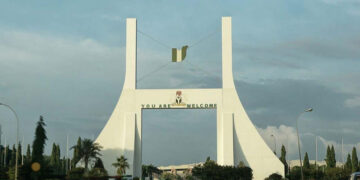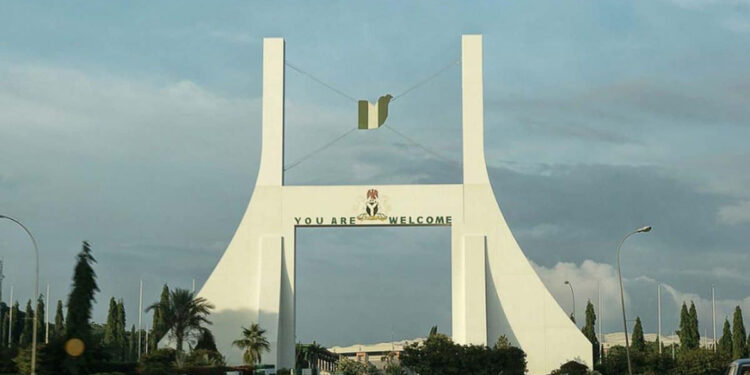The governors of Niger and Nasarawa state are to meet with President Muhammadu Buhari over the contributions of both states to the emergence of the Federal Capital Territory (FCT).
According to Niger State Governor, Alhaji Abubakar Sani Bello, he and his Nasarawa State counterpart, Abdullahi Sule, will hold discussions with the president on the refusal of the federal government to abide by the agreements it reached with both states before the creation of the FCT.
Although Governor Bello didn’t disclose when the meeting will hold, he explained that they will make the federal government realize that the two states have been shortchanged, adding that: “We want the issue to be reopened again in the interest of everyone”.
“We have not been adequately compensated, we don’t believe in making trouble. This is why we want to meet the president to have a second look at our case.
“There is no commensurate benefit for our sacrifices to the country. The federal government has failed to work by the agreement it reached with us,” Bello declared.
The Agreement
The Heritage Times gathered that both states sacrificed large chunks of their lands for the construction of the FCT in the 1980s.
The Federal Government – in recognition of their contributions – agreed to compensate owners of the land and promised to provide both sates with basic amenities.
However, not all land owners have been paid since 44 years after the creation of the FCT while the federal government is yet to provide any of the facilities and infrastructure it promised the two states for their sacrifices to the national cause.
As a result, basic social infrastructures meant to serve the needs of people in both states have been overstretched owing to the migration of people from Abuja and other parts of the country to both Nasarawa and Niger State towns.
Speaking further, Governor Bello assured of his readiness to ensure that the investments made by both states 44 years ago yield expected results.
“I want to see a changed Niger State. I want to see continuity in governance regardless of the political party. Continuity is for the benefit of our people, we must establish a robust maintenance culture and ensure that investments made over 44 years ago by our predecessors remain functional and don’t die in vain,” he said.
He noted that the resolve was part of his government’s commitment to ensuring that it completed projects and policies inherited from previous administrations.




































